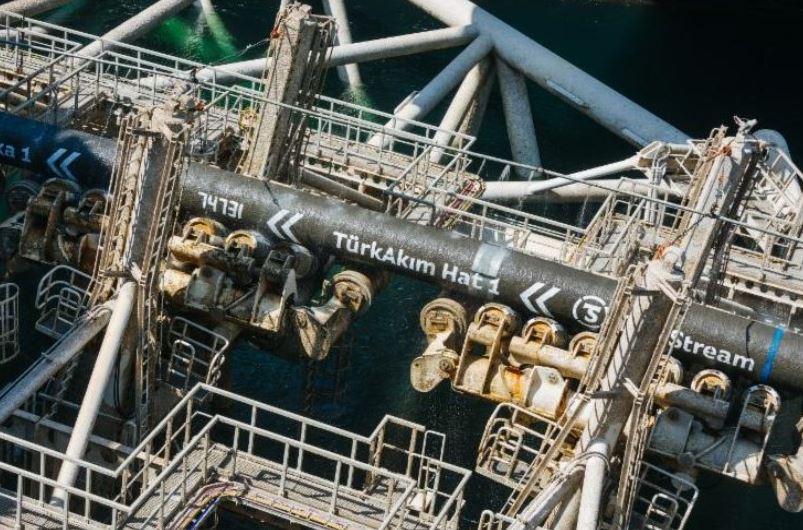Data from grid operators showed significant changes in central Europe's gas distribution patterns as imports from Germany and Italy increased sharply to make up for the shortfall, Reuters reported.
Before the expiration of the gas transit contract between Russia and Ukraine, Austria still received gas via Slovakia, although supplies from Russian oil giant Gazprom were cut off in November. However, since the beginning of this year, the country has shifted to increasing imports from Germany and Italy, according to a daily report from the Austrian Grid Authority.
Gas from Slovakia to the Czech Republic and Austria has also stopped flowing due to the non-renewal of the transit contract between Russia and Ukraine. Slovakia now relies mainly on the connection with Hungary, which receives gas from Russia's TurkStream pipeline.

Data from Eustream, Slovakia’s gas network operator, showed daily flows from Hungary to Slovakia reaching 87 GWh on January 6, the highest level since the start of the year. However, these flows are currently only for domestic use, with no exports to Austria or the Czech Republic.
Slovakia’s main gas supplier, SPP, said the route from Hungary was an important alternative if flows through Ukraine were to stop. However, it preferred a route through Germany, the Czech Republic or Austria, but data showed that route was not being used.
Meanwhile, the Czech Republic, which does not have a direct contract with Gazprom, has switched entirely to importing gas from the German network. In 2023, the Czech Republic used almost no Russian gas, but imports from the east increased in 2024 due to higher costs from Germany. However, these fees were abolished on January 1, making it easier for the Czech Republic to return to Western supplies.
Data from NET4GAS shows that on January 6, the Czech Republic received 177 GWh of gas from Germany and did not export gas outside its territory.
Russia’s halt of gas supplies through Ukraine marks a major shift in the energy structure of Central Europe, forcing countries to look for alternative routes and sources. As flows from Germany and Italy become increasingly important, the shift could reshape the region’s energy map, reducing dependence on Russia in the long term.







